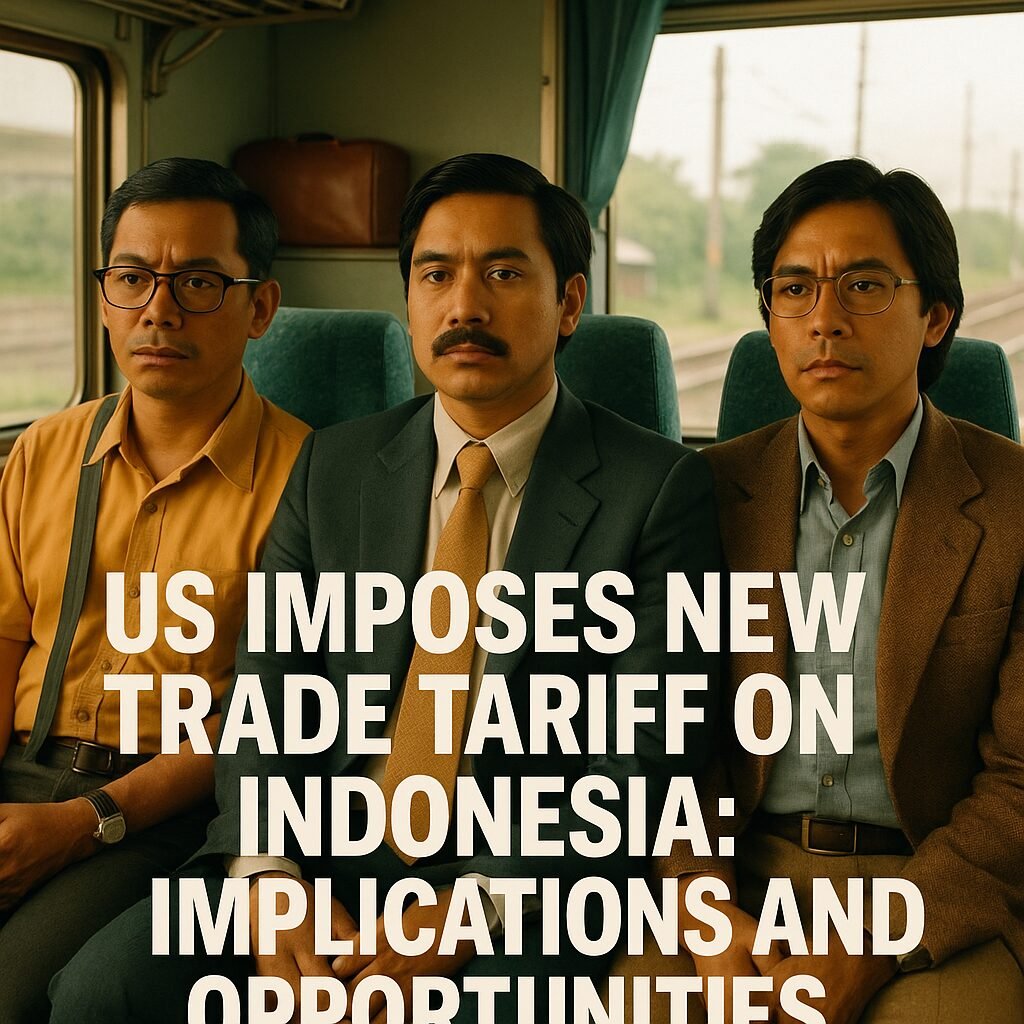- US imposes new trade tariff on Indonesia, expected to impact global economic landscape.
- Minister Yassierli views tariffs as opportunity for domestic industry growth and competitiveness.
- New tariff policy signals strategic shift in US trade, potential for global trade dynamics change.

The latest news coming from ANTARA News – Business & Investment, reveals a significant development in the global economic paradigm. The US administration has decided to impose a new trade tariff on Indonesia, a move which is expected to have substantial economic implications. This development is expected to provide a new momentum for industry growth, as stated by Manpower Minister Yassierli.
While the new tariffs might be viewed as an economic burden by some, Minister Yassierli sees this as an opportunity to strengthen the domestic industry. His optimistic viewpoint suggests that this situation could potentially drive the domestic industries to be more competitive in the global market, pushing for innovation and efficiency in their operations.
Considering the current economic landscape, it is important to note that such policy changes can have far-reaching effects. The new tariff not only affects the immediate trade relations between the US and Indonesia, but it also has potential to alter global trade dynamics. There is likely to be a strategic shift in trade partnerships, potentially opening doors to new alliances and collaborations.
The exact impact of this new tariff policy is yet to be seen, but what is clear is that it signifies a major shift in the US’s trade policy. This move could be seen as a strategic maneuver by the US to protect its domestic industries by discouraging imports. Yet, it may also prove to be a catalyst for other nations, like Indonesia, to bolster their own industries and further establish their presence in the global market.
In conclusion, this development underlines the evolving nature of global trade and economy. It serves as a reminder of the importance of adaptability and resilience in the face of changing economic scenarios. As we move forward, the ability of nations to respond to these changes, and to leverage them for their own growth and development, is likely to play a key role in defining the global economic landscape.

